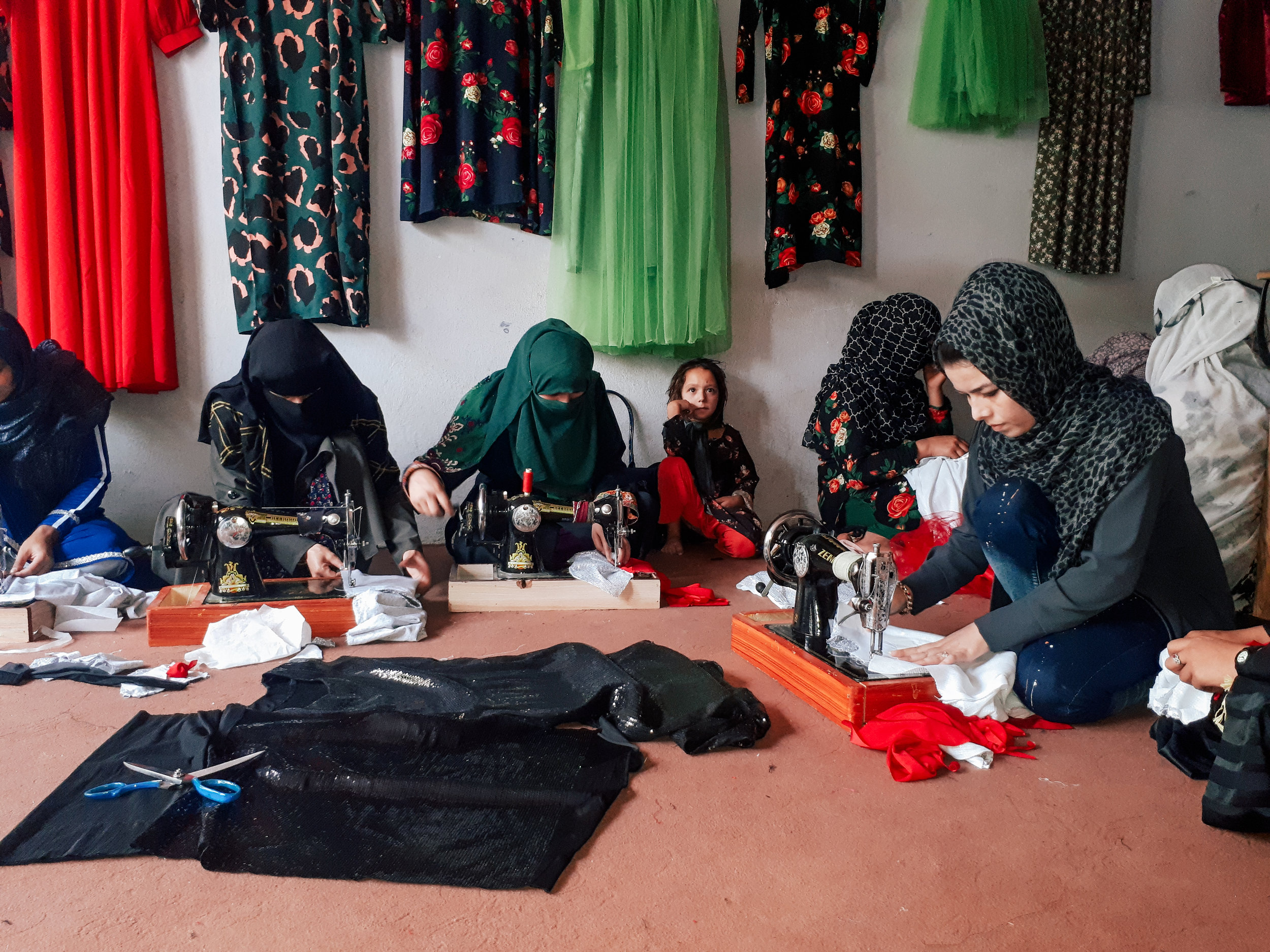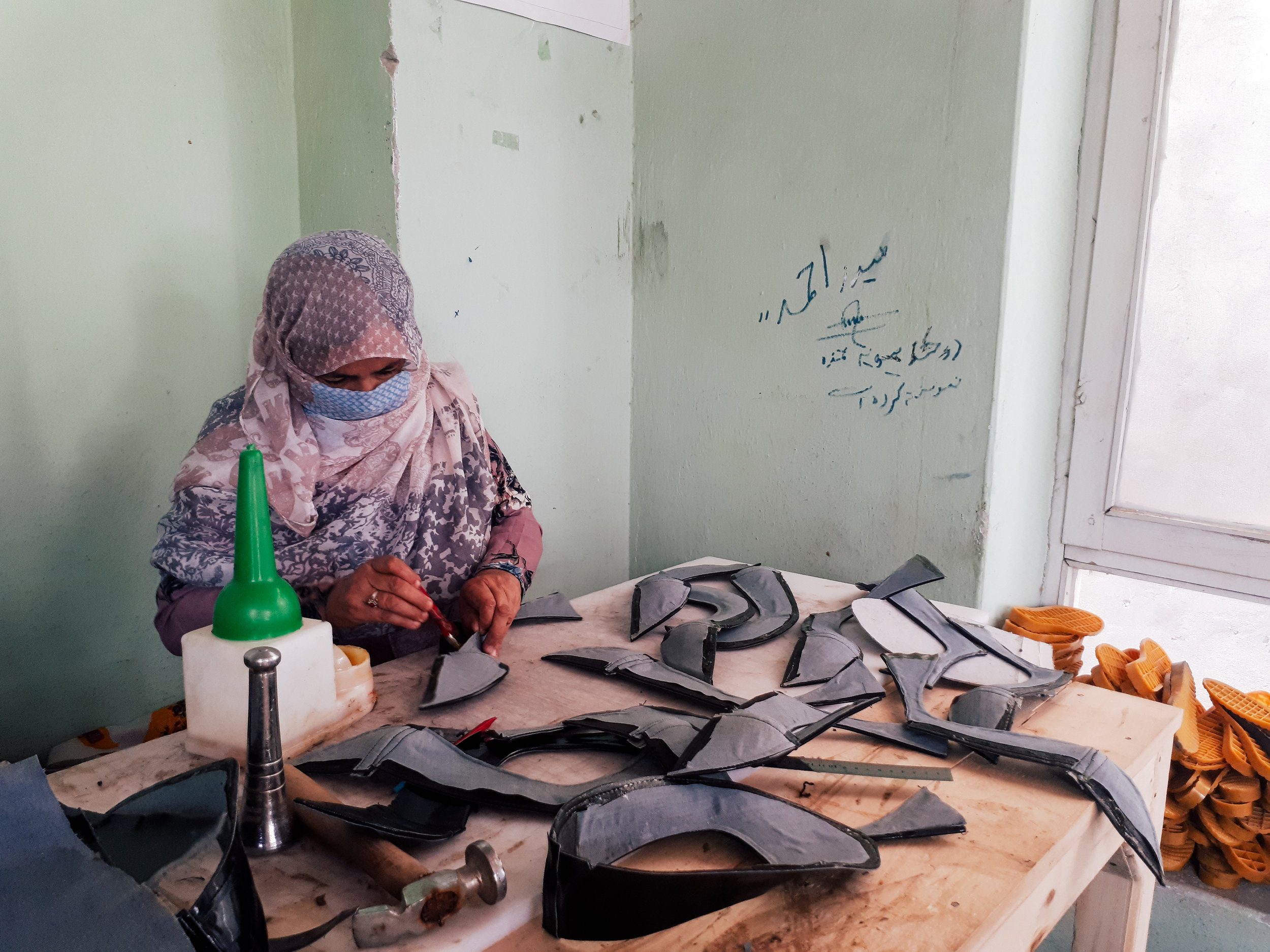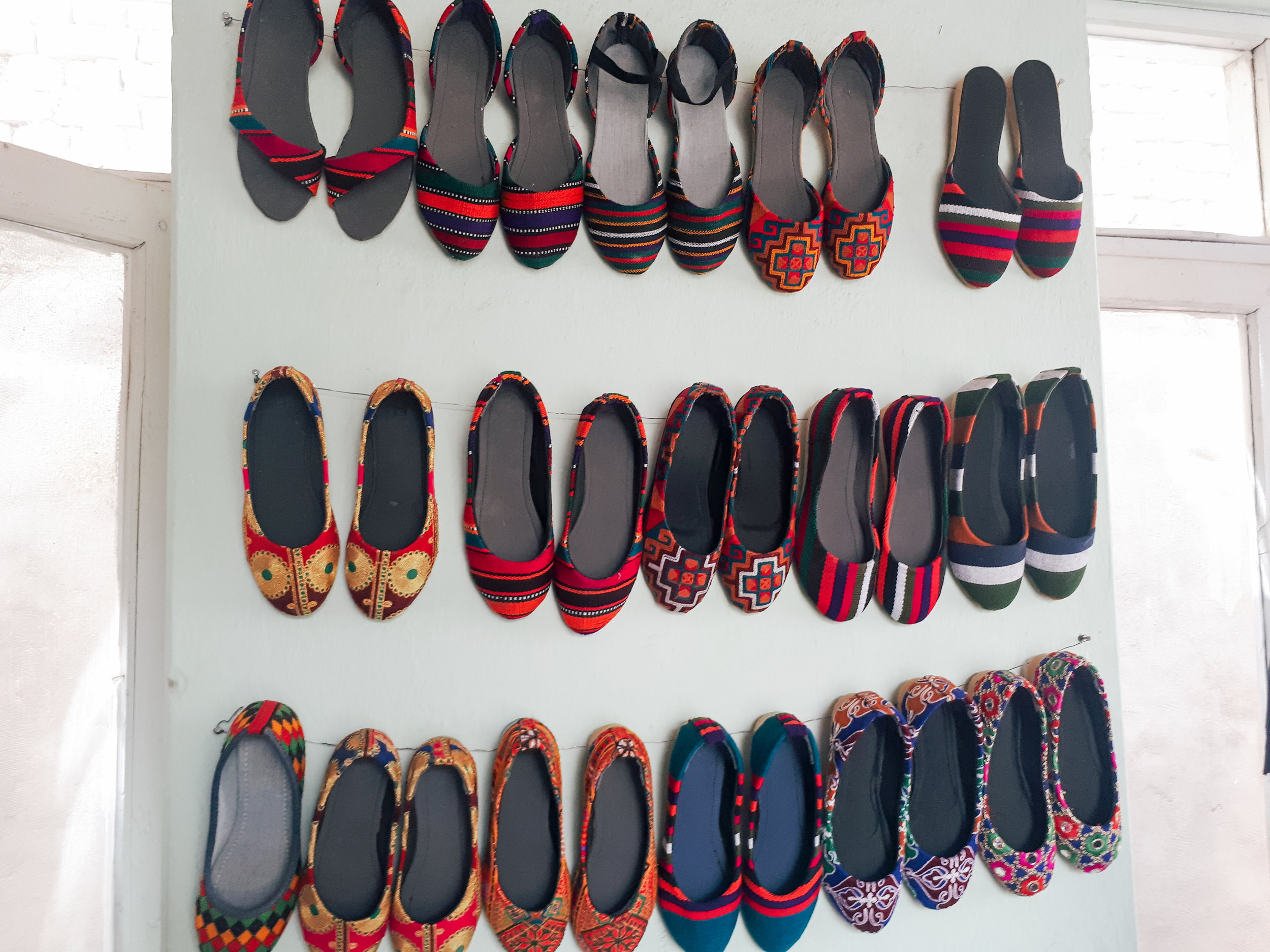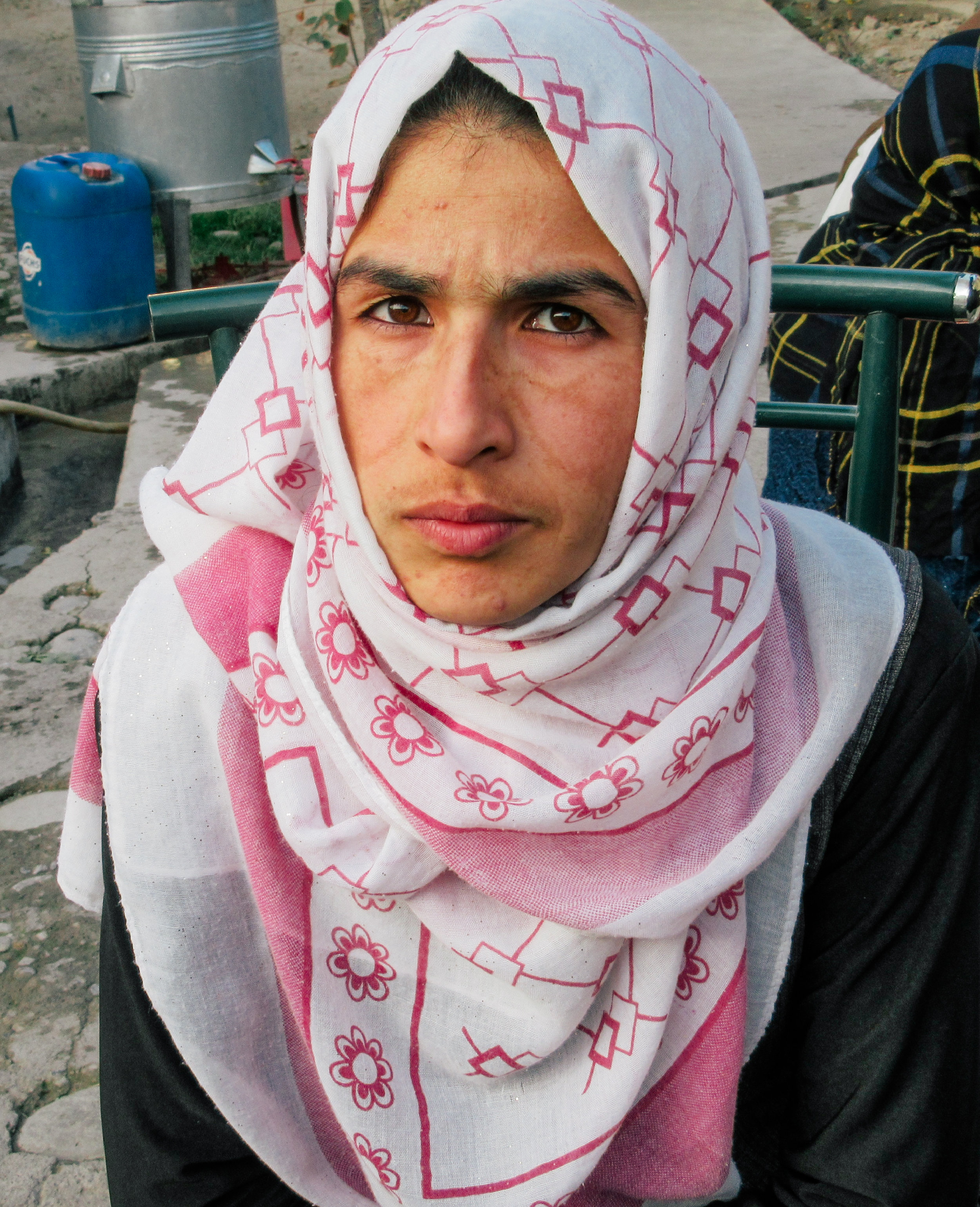
Women from Taloqan District learning tailoring skills.
Undeniably, women play a significant role in society. For women in Afghanistan, however, there are many cultural and countless traditional barriers that restrict women from participating in the local economy. Many find it difficult to secure job opportunities and access the market or an education.
The lack of job opportunities for women has long be reported by communities to provincial authorities like department of Department of Labour, Social Affairs, Martyered and Disabled (DOLSAMD) and department of Women Affairs (DoWA), Takhar, but steps forward in this regard have been minimal.
In Taloqan city, some women have been able to utilise their skills in handicraft activities, however are not linked in with the market, and do not have access to businesses to sell their products for reasonable prices. As a result, many women are forced to sell their products at very low prices, ultimately loosing possible income revenue.
To address this disparity, our team, in close coordianton and cooperation with WFP, launched a six-month vocational training program to 250 women and girls and 25 men from the community. Training included skills in baluchi embroidery, tailoring, mobile phone repair, and motorbike repairs. In conjunction, all participants received monthly Cash-Based Transfer (CBT) rations with the total amount of 2,285 AFN/ month for the duration of six months

One of our shoe making trainees in class

The results of our shoe making vocational training class
“My Name is Mali*, I am 22 years old, I live in one of the villages of Taloqan district. We are 10 people at home, I have one younger brother and five sisters, my father works as daily wage labourer in the market. My eldest sister is widow, she has a two year son and live together with us. My father is the only supporter of my family.
We have a poor economic situation and we are living in a breadline. There is no one at home to support us except my father, that he is not able to find work every day, he mostly works 3 or 4 days a week. Two months back I heard that SFL was planning to conduct a 6 months vocational training project in Taloqan district of Takhar. I enrolled in the project and attended on Balochi Embroidery class over six months. During this time I was able to learn among other women and girls Baluchi embroidery skill. In addition, i was provided monthly Cash Based Transfer (CBT) ration to attendees for the whole project period.

Mali, a vocational training participant from Talqan district
I am very optimistic that I am fully equipped with Balochi Embroidery vocational skills following these six months on and could support my family financially through monthly CBT ration.”
Mastora Says, when she completed six-month Baluchi Embroidery training skill, she was able to teach her younger sisters as well. She hopes to enrage her business in future and earn a better income in next couple of months. She says, I will extend my business very soon into a large level and I search to link with bigger markets in future.
*Name changed to protect identity















